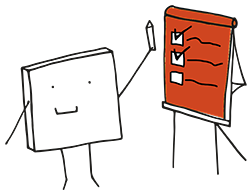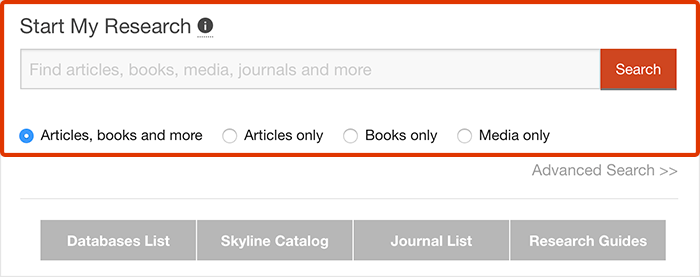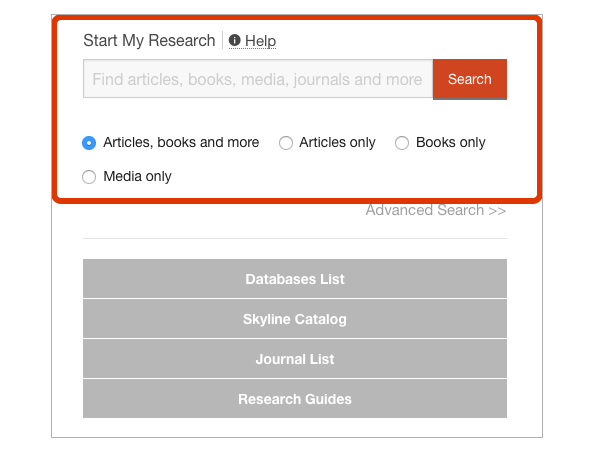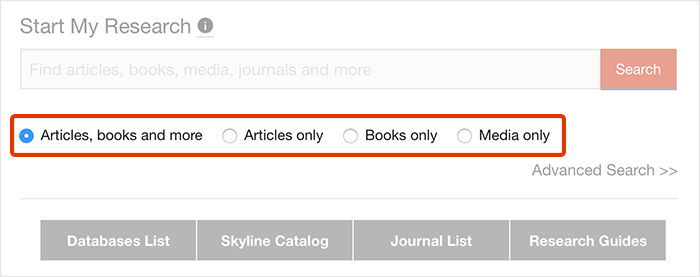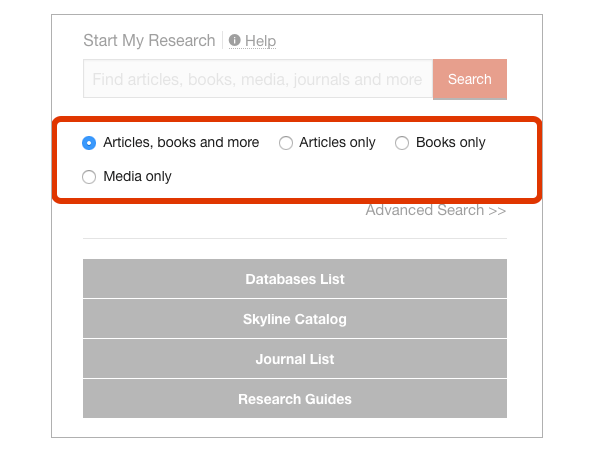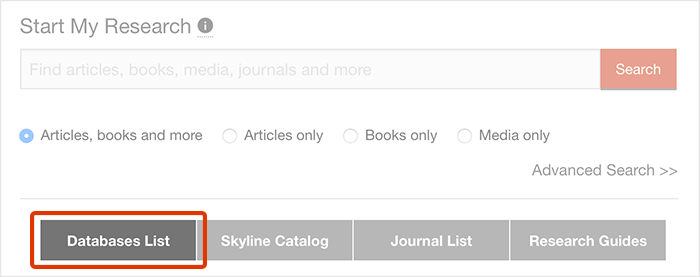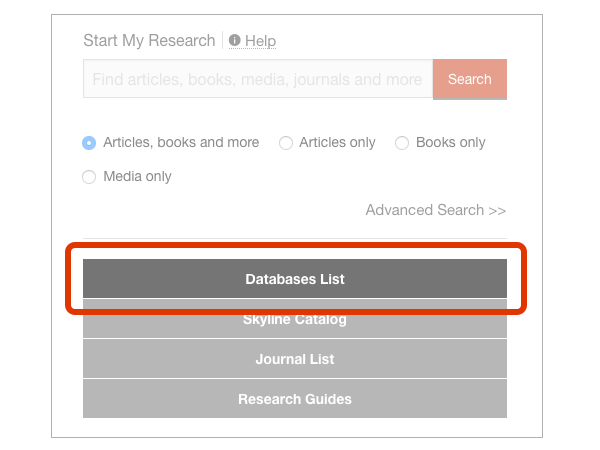Collection Development and Strategies Department
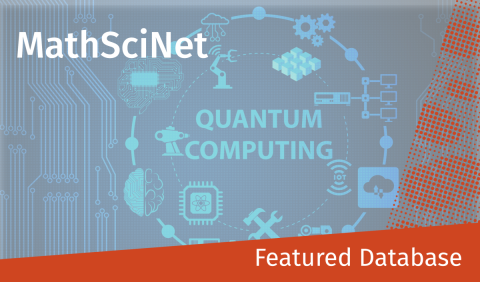
Featured Database: MathSciNet
You can use databases to easily find organized collections of articles, journals, news, streaming videos, primary sources, data, and more!
This month, we highlight one of our unique history and politics databases: MathSciNet.
What’s in it?
MathSciNet offers access to scholarly articles, reviews, and author profiles in the mathematical sciences. This month, explore the resources available on quantum computing, including quantum algorithms, information theory, and the math behind quantum technologies.
Why should you use it?
If you're studying or researching quantum computing, MathSciNet helps you find peer-reviewed mathematical research that supports and explains the theory behind this emerging science.
Who should use it?
Students and faculty in mathematics, computer science, physics, or anyone curious about the math powering quantum breakthroughs!
Why use a database?
When you use a specific database, rather than a search engine or discovery tool, you can often find more relevant sources. For example, subject databases include sources about that subject only, rather than a general search engine or discovery tool that includes information about everything. This way you don’t have to wade through thousands of irrelevant results!
Want more databases?
Browse or search our Databases List!
If you have questions about this database or others, Ask Us!


